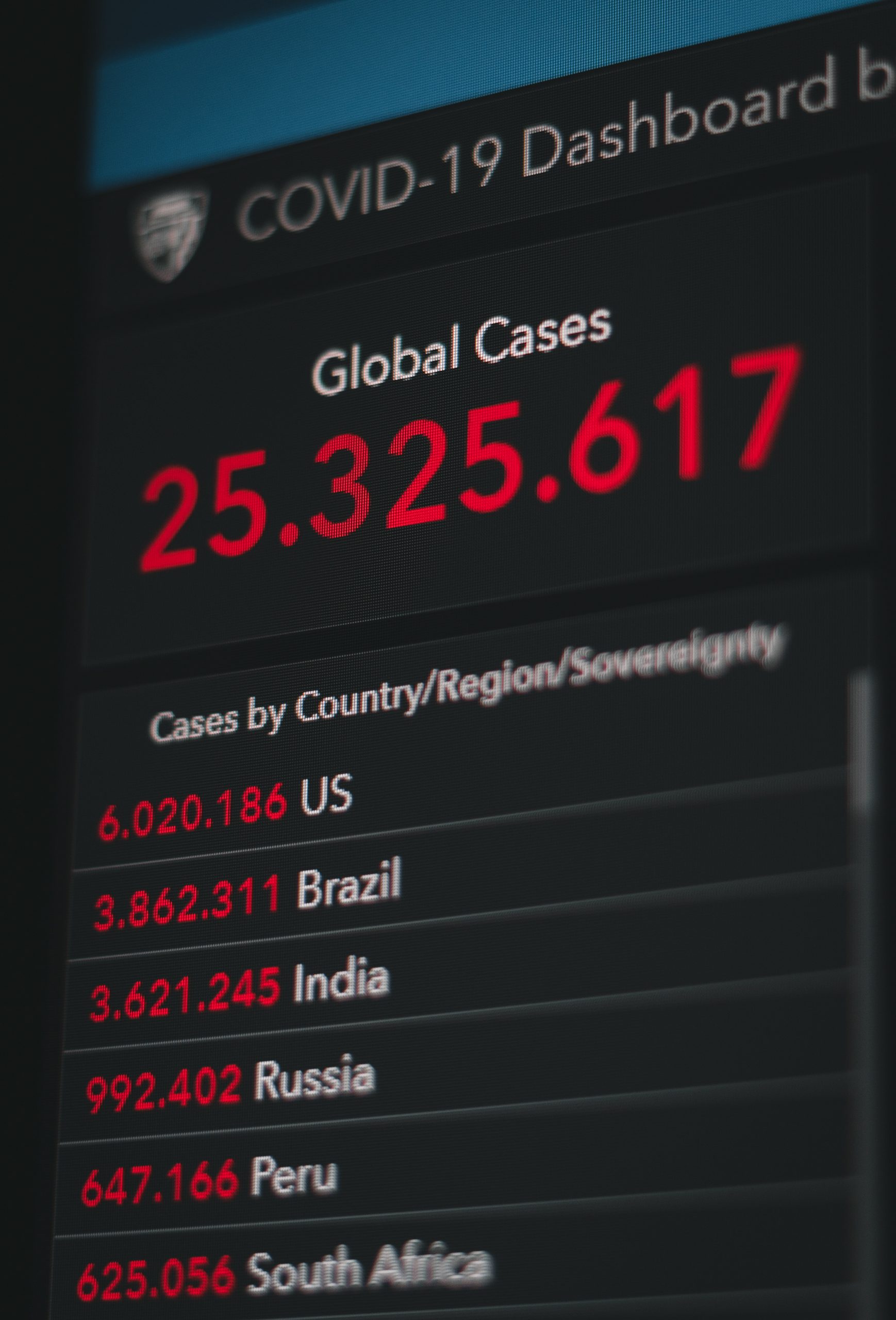In the wake of recent global pandemics, the world has been forced to confront the harsh reality of our vulnerability to infectious diseases. The COVID-19 pandemic, in particular, has served as a wake-up call, highlighting the need for robust global preparedness and response mechanisms. As we reflect on the lessons learned from these crises, it becomes imperative to draw insights that will guide us in building a resilient future. Here are key takeaways that shed light on the path forward.
1. Importance of Early Detection and Rapid Response
One of the critical lessons from past pandemics is the paramount importance of early detection and swift response. Timely identification of a potential threat and the immediate implementation of effective containment measures can significantly mitigate the impact of an outbreak. Investment in advanced surveillance systems, international collaboration, and a commitment to transparency are crucial elements in ensuring a rapid response to emerging infectious diseases.
2. Strengthening Healthcare Systems
The strain placed on healthcare systems during pandemics has underscored the need for ongoing investment in healthcare infrastructure. Adequate resources, well-trained healthcare professionals, and a robust supply chain for medical supplies are essential for effectively managing and treating infectious diseases. Building resilient healthcare systems capable of handling surges in patient numbers should be a global priority.
3. Global Collaboration and Information Sharing
The interconnected nature of our world demands a collaborative approach to pandemic preparedness. Lessons learned from recent events emphasize the importance of international cooperation and information sharing. Establishing frameworks for the rapid exchange of data, research findings, and best practices can enhance the collective response to global health threats. Initiatives like the World Health Organization’s (WHO) Pandemic Influenza Preparedness Framework serve as models for fostering collaboration among nations.
4. Investing in Research and Development
The development of vaccines and antiviral drugs is a cornerstone of effective pandemic response. The accelerated development and deployment of COVID-19 vaccines highlight the potential for scientific advancements to address emerging threats. Investing in research and development, particularly for novel vaccine platforms and broad-spectrum antivirals, is crucial for staying ahead of evolving pathogens.
5. Prioritizing Vaccine Equity
The global distribution of vaccines during the COVID-19 pandemic has underscored the importance of equitable access to vaccines. Lessons learned emphasize the need for a coordinated and fair distribution system that ensures vulnerable populations in all corners of the world are protected. Addressing vaccine hesitancy, sharing manufacturing capabilities, and supporting initiatives like COVAX are essential steps toward achieving global vaccine equity.
6. Enhancing Public Health Education and Communication
Clear and accurate communication is pivotal in managing public health crises. Lessons from recent pandemics emphasize the necessity of effective public health education and communication strategies. Governments, health organizations, and communities must work together to disseminate accurate information, combat misinformation, and build trust in public health measures.
7. Adaptability and Flexibility in Preparedness Plans
The unpredictable nature of infectious diseases calls for adaptable and flexible preparedness plans. Governments and organizations must be ready to adjust strategies based on the evolving characteristics of a specific pathogen. Continuous evaluation and updating of preparedness plans will ensure that responses remain effective in the face of new challenges.
In conclusion, the lessons learned from global pandemics provide a roadmap for fortifying our defenses against future health threats. The key lies in a collaborative, proactive, and well-coordinated approach that prioritizes early detection, strengthens healthcare systems, encourages global cooperation, invests in research, ensures equitable vaccine distribution, enhances public health communication, and maintains flexibility in preparedness plans. By applying these lessons, we can strive to create a world better equipped to face the uncertainties that lie ahead.

You

